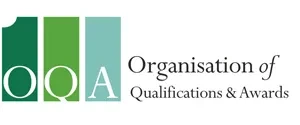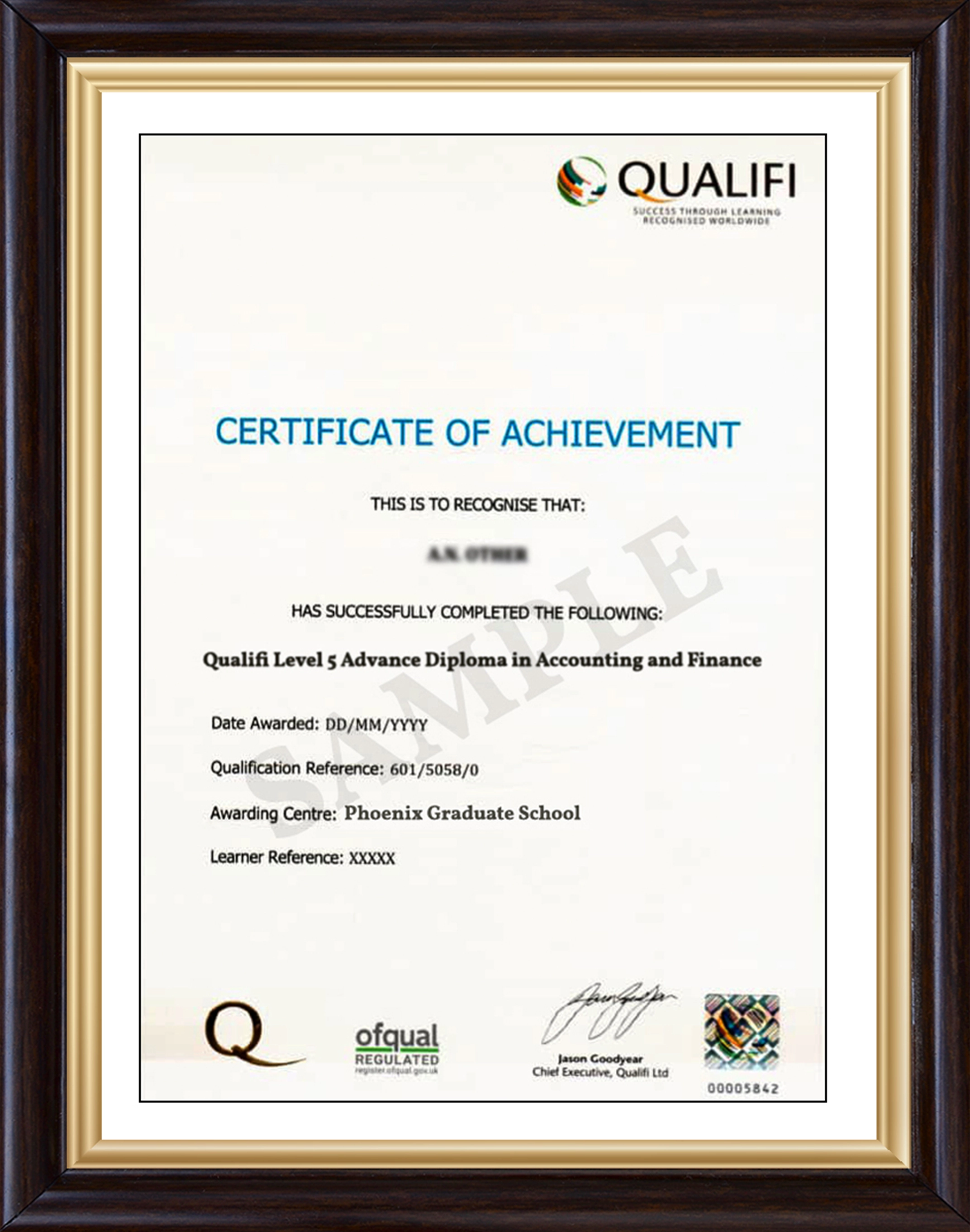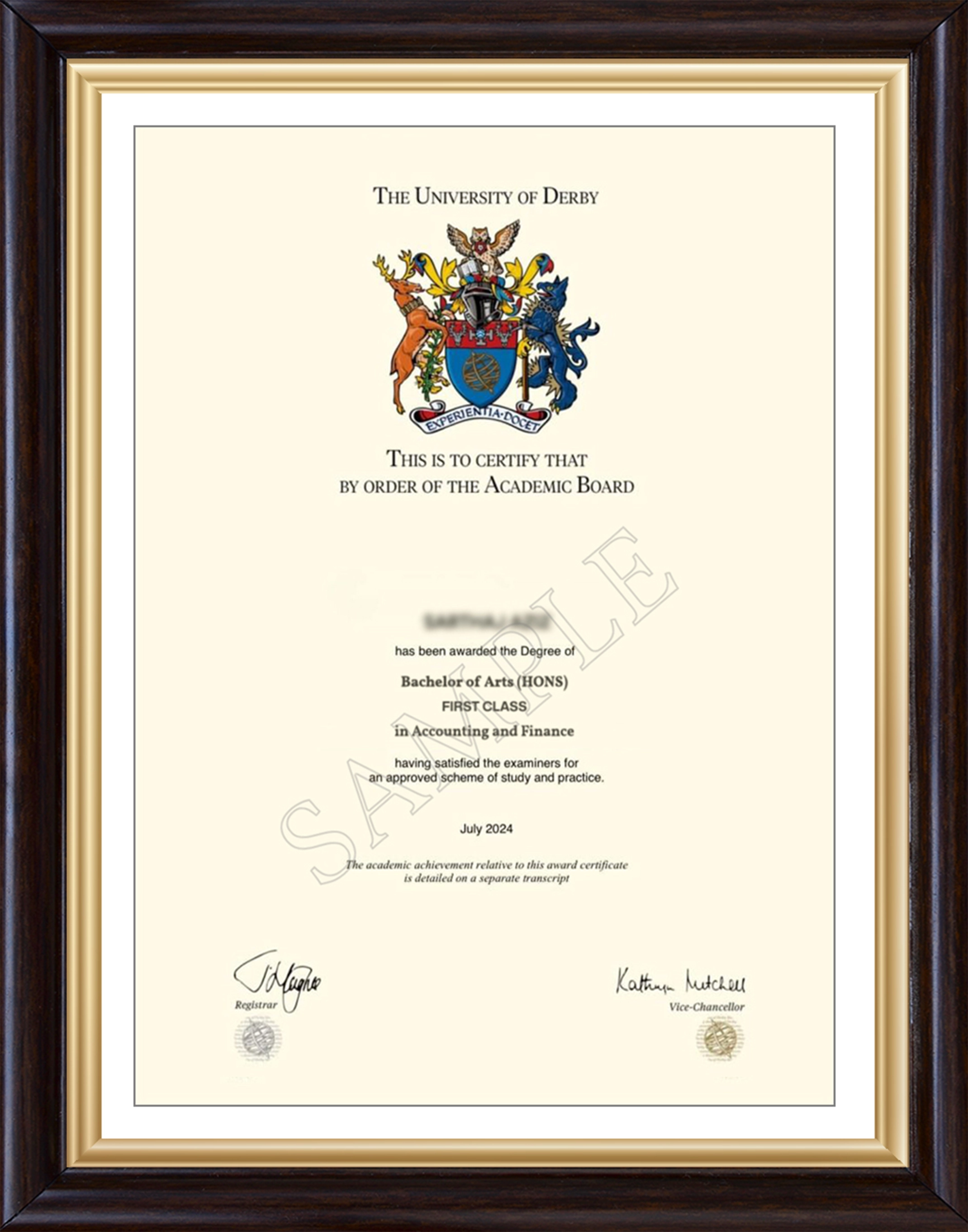BA (Hons) Business Management (Level 4 & 5 + Final Year from UK University)
The primary purpose of the course is to provide guidance on the basic concepts of business management. The course consists of theoretical and practical lessons for students, offering modules such as business law, marketing, human resources, finance, etc., to provide in-depth knowledge of the business management qualification. Additionally, the course continuously updates the latest business tools, techniques, technologies, and theories to provide the most up-to-date knowledge on business management.
In this rapidly evolving digital economy, businesses need highly trained, innovative individuals to keep up with the pace of the international business world. The programme covers a wide range of subject areas, including management and leadership, team development, business operations, risk management, emerging digital trends, business psychology, marketing, and financial awareness.
The qualification has three stages:
- Level 4 / 1st year bachelor’s degree – 120 credits (10 modules)
- Level 5 / 2nd year bachelor’s degree – 120 credits (10 modules)
Level 4 and 5 in Business Management is a 240 credit course designed to progress to the third stage (final year) of an Undergraduate BA/BSc (Hons) in Business and Management at the University, which can either be completed on campus or via distance learning.
Successful completion of the full Undergraduate 1st & 2nd year that is Level 4 and Level 5 Diploma in Business Management, as well as the final year of an accredited Undergraduate Degree programme, will provide students with the credentials to apply for jobs such as Human Resource Consultant, Business Development Manager, Marketing/Brand Manager, Business Analyst, or Recruitment Consultant.
Accreditation
All PGS courses are accredited by the relevant partners and awarding bodies.
First Year
-
Developing Personal Skills
Developing a range of personal skills is crucial for success in the world of business. Three key areas to focus on are communication, leadership, and decision-making techniques.
-
Effective Communication
Communication is the key to effective operations and working efficiently with others. Throughout this module, learners will grasp a range of communication techniques used for various commercial purposes.
-
The Business Environment
Explore external factors that may impact the business and its operations. This includes examining economic trends, international dimensions, the business environment, and competitive dynamics.
-
The Marketing Mix
Exploring and using the marketing mix as part of the business planning process.
-
Strategic HRM
This module looks at employees and people as a business’ most valuable asset. Recruit the best, reward the best and retain the best.
-
Managing Ethically
Explore the various theories and models of management and their different contexts.
-
Culture and the Organisation
What is meant by culture? Why is it important? How does it differ between organisations?
-
Customers & Customer Service
This module looks at customers as the fulcrum of any business.
-
Fundamentals of Accounting
On completion of this module, learners will understand accounts and how they can be used to give insight into the health of the organisation.
-
Financial Management & Control
In this module, learners will compare and contrast examples of both good and bad financial decision-making and analyse their respective impacts on the business.
Second Year
-
The Entrepreneurial Manager
What is an entrepreneur? Examine the skills and qualities of entrepreneurship.
-
Organisation Structures
Why are organisations structured in the way they are? What determines the optimum structure and how does it differ between organisations? In this module, learners will look at the numerous models and theories that make up organisational structure.
-
Practical Accounting Analysis
Learners will complete exercises in accounts throughout this module to understand what they are telling us and the actions that analysis can precipitate.
-
Business Planning & Goal Setting
What is the business trying to achieve? What will it do? How will it do it? This module focuses on the creation of clear goals and clear plans to achieve a clear objective.
-
Politics and Business
Impact of politics on business and how it may help or hinder business. This module will educate learners on economic impact, exports and government support.
-
Business Law
Explore the statutory responsibilities of managers as learners look into the legalities of business and business executives.
-
Managing in Today's World
Business in the modern world. This module focuses on governance and equality as a means to do right in business.
-
Performance Management
By comprehending how both your personnel and your business can continuously enhance together, learners will evaluate reward structures, Continuing Professional Development (CPD), training, and development to ensure high performance in business.
-
Marketing & Sales Planning
Learners will analyze how markets, customers, competitors, and products can integrate into a cohesive plan.
-
Quantitative Skills
Upon successful completion of this module, learners will possess knowledge of numeric exercises and understand their application within the context of business operations.
University Progression
- Coventry University
- Anglia Ruskin University
- Northampton University
- University of Hertfordshire
- University of Derby
- University of Sunderland
Note: The top up programme can be studied online or on campus. Feel free to contact PGS Global admissions team to discuss the best available Bachelor Final year University progression routes at PGS, in the UK or across the globe in addition to the admission requirements.
Entry Requirements
For entry onto the Level 4 and Level 5 Extended Diploma in Business Management qualification, learners must possess:
- Relevant NQF/QCF/RQF Level 3 Award/Diploma or at the level of GCE/GCSE/ Plus 2 or equivalent qualification.
- Learner must be 18 years or older at the beginning of the course.
Career Prospects
Successful completion of the full Level 4/5 Diploma in Business Management and final year of an accredited Undergraduate Degree programme will not only help you understand how a business works overall but also develop skills of problem-solving ability, entrepreneurial attitude, commercial awareness and communication, all highly valued by every employer in the world.
Business and Management degrees can open up doors to some seriously well-paid careers in the following job roles.
- Assurance Associate
- Business Adviser
- Business Manager
- Business Development Manager
- Buying & Merchandising Assistant
- Insight & Market Research Analyst
- Marketing Assistant
- Marketing Communications Manager
- Operations Manager
However, a degree in business management will also enable you to gain skills that would be highly relevant in other, more unexpected roles. These include:
- Human Resources Adviser
- Project Manager
- Sales Executive
- Stock Market Analyst
- Software Sales Consultant
- Teacher or lecturer







